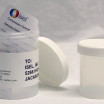Knowledge Base Articles
Q: Mineral-Oil-Based Lubricants Or Synthetic-Based Lubricants — Which Is Better For Your Application?
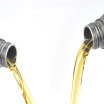
A: This often-debated issue has no simple answer: It depends on the specific machine, the application, the operating conditions and environment, and other factors. Mineral-oil-based lubricants can offer advantages...
Food-Grade Lubricants: Good Common Sense, And Good Business Sense

Health and safety issues are a major concern in the food industry. Contaminated food products can not only endanger consumers, but they also can cause significant damage to a...
Extend Rotary Screw Air Compressor Life With Diligent Maintenance And Oil Analysis
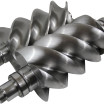
Unlike most other lubricated components, rotary screw air compressors face a unique triple threat to their life span: A constant influx of excessive heat, oxygen and water. Any one...
A Brief History Of Lubrication
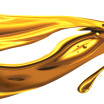
Lubrication technology has advanced significantly in recent times, but the roots of lubrication extend back further than you might imagine. Here are some lubrication milestones: 17th Century BC Lubrication dates...
Progressive Trends In Lubrication

Technological advancements in the lubrication industry are changing the shape of the lubrication landscape dramatically. In the past, additive developments drove most major shifts in the industry. More recently,...
Viscosity Q&A
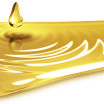
A lubricant’s viscosity is generally considered one of its most important properties, and with good reason: If the viscosity of a lubricant is even modestly different from what is...
Preventive Maintenance Starts With Regular Oil Analysis

Equipment failure can wreak havoc on your business. When machinery doesn’t work, productivity stalls. That hurts your revenues, and also your customer relationships if you miss deadlines. You can...
Private Labeling: Market Your Brand Your Way and to Your Advantage
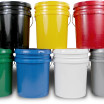
If you seek to increase lubricant sales and profits, build brand awareness, and attract and retain customers, private labeling could be your solution. Establishing and cultivating your own brand...
Keep Operations Running Smoothly With Proper Air Compressor Lubrication

In many facilities, air compressors are responsible for a significant portion of the plant’s energy usage. And sometimes, a facility’s air compression system is the “heart” that keeps the...
Explore The Many Benefits Of Lubrication
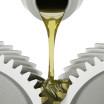
What does a lubricant do? Your first thought might be of an oil or grease applied to machinery parts to keep them moving smoothly. However, there is much more...
